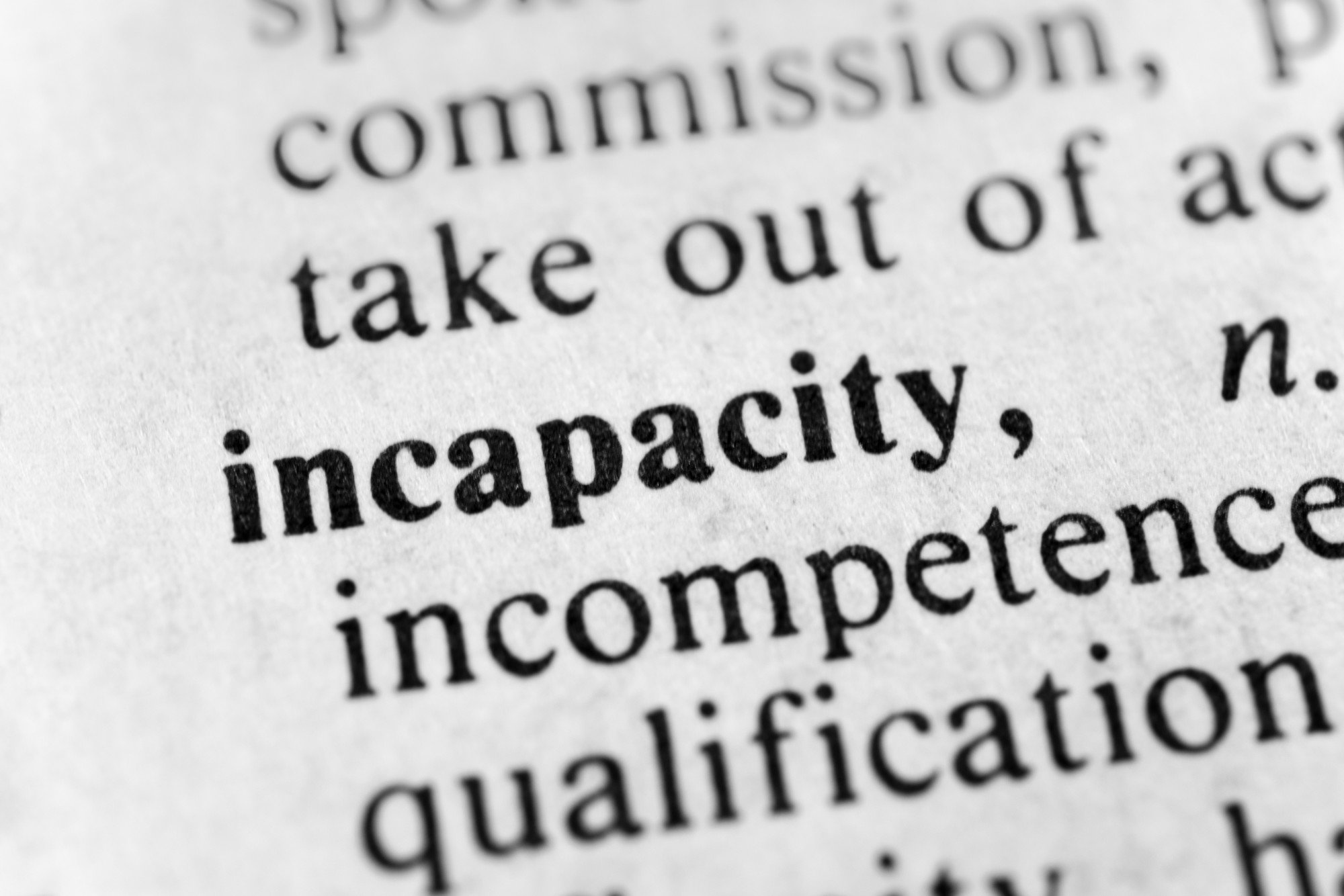
The Code of Good Practice on dismissals sets out guidelines on how to deal with incapacity to be substantively and procedurally fair.
Poor Work Performance
Before an employer can dismiss an employee for poor work performance, the employer must first give the employee proper evaluation, training or guidance and a reasonable time for improvement. The employer must hold and investigation into reasons for the poor performance. Only if the employee continues to perform poorly thereafter, and the problem cannot be solved reasonably without dismissing the employee, will the dismissal be fair.
In investigations relating to poor work performance and incapacity, the employee should be given an opportunity to state his or her case and to be assisted by a shop steward or co-worker. This applies to employees on probation too.
Bad Health Or Injury
If temporary incapacity will cause an employee to be away from work for an unreasonably long time, it will be unfair to dismiss the employee unless the employer first investigates all possible ways of avoiding this step. If the incapacity is permanent, the employer should try to find alternative work for the employee or adapt the work so that the employee is able to do it. The employer must make a greater effort to accommodate the employee if the employee was injured while at work.
Click here to view a video about Misconduct vs. Incapacity.